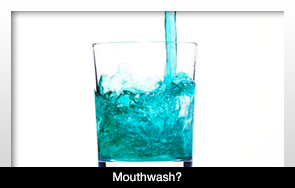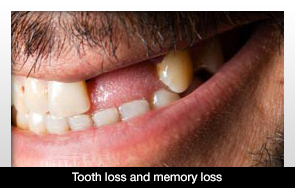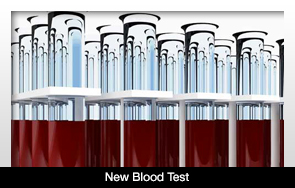Written by Dentistry TodayTuesday, 18 June 2013 14:50
 |
Mouthwash may not work as well as many studies claim.
A recent clinical study in the Journal of Clinical Dentistry analyzed this issue. It showed that mouthwash did slightly reduce the risk of gum disease.
To compile the data, 139 participants were divided into two groups. The first group was told to use mouthwash while the other group was given a placebo to gargle with. The results concluded that the group using mouthwash had better oral health than the group that used the placebo.
Research, however, has shown that mouthwash can aid in lowering the risk of oral disease and bad breath but only by a marginal amount. The most important thing regarding oral health is to brush twice each day for at least 2 minutes.
Issues arise when people think they can use mouthwash in lieu of brushing.
For those people who brush on a regular basis and visit the dentist frequently, there may be no tangible oral health benefit for utilizing mouthwash.

